New world order beginning to realize: Persian Gulf looks East
By Hiba Morad
Amid rising tensions between the US and Saudi Arabia, new bilateral dynamics have surfaced between China and Saudi Arabia. The latest rapprochement is the remarkable visit of China’s President Xi Jinping during which the two sides inked a series of strategic deals.
In a move that signals further deepening of ties, Saudi Arabia and China signed a “comprehensive strategic partnership agreement” on Thursday, including one with tech giant Huawei, which the US sanctioned in 2019 in fear of Chinese technology access.
The memorandum with China's Huawei Technologies is on cloud computing and building high-tech complexes in Saudi cities. Huawei has already participated in building 5G networks in most the Persian Gulf states.
The deals between Saudi Arabia and China are worth more than USD 30 billion, which aim to bolster relations between the two countries, reports said.
Chinese and Saudi companies signed 34 investment agreements in green energy, information technology, cloud services, transportation, construction and other sectors on Wednesday, reports noted.
The Chinese leader arrived in Saudi Arabia on Wednesday to attend the inaugural China-Arab States Summit and a meeting with leaders of the six-member Persian Gulf Cooperation Council (GCC) in the capital Riyadh before concluding his visit on Saturday, said China's Foreign Ministry. The leaders of the two countries also agreed to hold a meeting between the nations by turns every two years.
‘Fist bump’ vs. lavish welcome
Since Saudi Arabia-led Opec+ decision to cut oil output by two million barrels a day, in what Riyadh said was a necessary move that was economically motivated, the White House announced that it would review US-Saudi ties, claiming the oil cut was a political move to support Moscow in its offensive on Ukraine.
Following US attempts to Pressure Riyadh into reversing the decision, which was described by Turkey as a US attempt to bully Saudi Arabia, several member states of OPEC+, the producer group comprising the Organization of the Petroleum Exporting Countries plus its allies, reiterated there is consensus among OPEC+ countries that this is the best decision; a pre-emptive move in light of uncertainty and lack of clarity looming in the horizon.
Allies for decades, Washington and Riyadh have been keeping their differences behind closed doors. But the tension on OPEC+’s oil cut broke out into the open, demonstrating broken relations and lack of trust. The two allies were unable to hide the heated spat over oil production, amid Saudi concerns over the Biden administration and where it stands.
Two months after the rise of tensions between Riyadh and Washington, the oil-rich country rolled out the red carpet for China’s President, giving him a lavish and welcome warm unlike his US counterpart.
Saudi TV channels showed a grand ceremony at Al-Yamamah Palace, during which Saudi crown prince Mohammad bin Salman, also known as MBS, received the Chinese leader. Chinese and Saudi Arabian flags displayed at the premises as members of the Saudi Royal Guard lined up with swords and played music.
Also, King Saud University awarded President Xi an honorary doctorate degree in management, to highlight President Xi's important contributions to the friendship and cooperation between Saudi Arabia and China.
The warm welcoming of Chinese president comes contrary to the frosty reception of US President Joe Biden a few months ago. Of course, it is also important to remind that Saudi Arabia did not congratulate Biden on his official inauguration and entry into the White House.
Analysts have said the contrast between Xi Jinping's grand welcome and Biden's 'cold fist bump' during his visit to the Kingdom highlights how Saudi Arabia sees itself having more in common with China than with the US.
As US only seeks its own interests, Persian Gulf looks East
At the time the US is seen as seeking its own interests on behalf of all other nations, the Persian Gulf countries, led by Saudi Arabia seemingly seek a more east-oriented approach that defies US dictations.
Saudi strategic analyst Wajdi al-Quliti said Riyadh has tended for years to diversify its alliances, which is the same approach for the Persian Gulf States, especially since Washington can always withdraw if its unilateral interest is achieved without thinking about others."
The Saudi expert told Sputnik that "the re-engineering of relations in the Persian Gulf and the Arab region takes into account common interests, not unilateral ones, as some countries, including Washington, do."
"China's goals are to improve its image in the Arab world within the framework of marketing its 'Silk Road' project, and it is keen to strengthen its relationship with the Gulf states and the Middle East," he said.
China’s foreign ministry described Xi’s trip as the “largest scale diplomatic activity between China and the Arab world”. Such activity, according to analysts, raises concerns in Washington DC.
The Chinese-Saudi recent bilateral cooperation is only an inauguration to relations with the countries of the Persian Gulf region. Xi is due to meet other Persian Gulf oil producers and attend a wider gathering of Arab leaders on Friday.
The Chinese president said China would work to make the summits he will attend with Persian Gulf and Arab leaders "milestone events in the history of China-Arab relations", and that Beijing sees Riyadh as "an important force in the multi-polar world".
He noted that cooperation between China, the world's biggest energy consumer, and Saudi Arabia, the world's top oil exporter, have also decided to adopt the Yuan in their oil transactions, a shift seen as necessary by observers from both countries in light of the increasing weaponization of the dollar dominated financial system and the need for deepening ties between China and the Persian Gulf countries in the years to come.
Such developments indicate the diminishing role of the United States as the dominant power and center of governance. The occurrence of such encounters in itself is considered historic and indicates that a new world order is becoming more and more realistic.
Hiba Morad is a Tehran-based academic and political analyst, currently pursuing a PhD in linguistics at the University of Tehran.
(The views expressed in this article are author's own and do not necessarily reflect those of Press TV.)
US-allied fuel tanker attacked by Iran still burning in Strait of Hormuz: IRGC
Attacks on hospitals, schools ‘strike at life itself’: Pezeshkian
Iran’s attacks on US bases ‘legitimate’ response to source of aggression: Araghchi
IRGC targets US intelligence centers, military depots in 11th wave of attacks
US-Israeli attacks damage 5 hospitals, medical centers in Iran: MP
Unlike US, Iran prepared for a long war: Security chief
Missile sirens will never stop in Israeli-occupied territories, Iran warns
Leader’s martyrdom will drive Iran to greater dignity and victory: Senior cleric


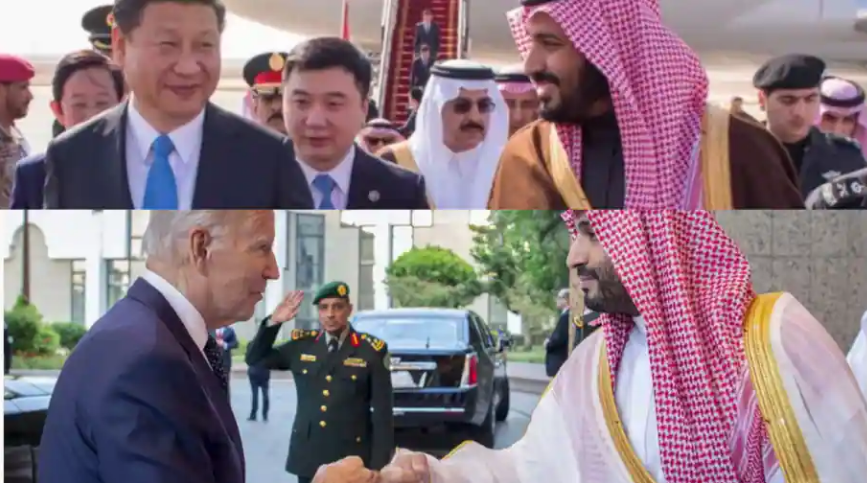
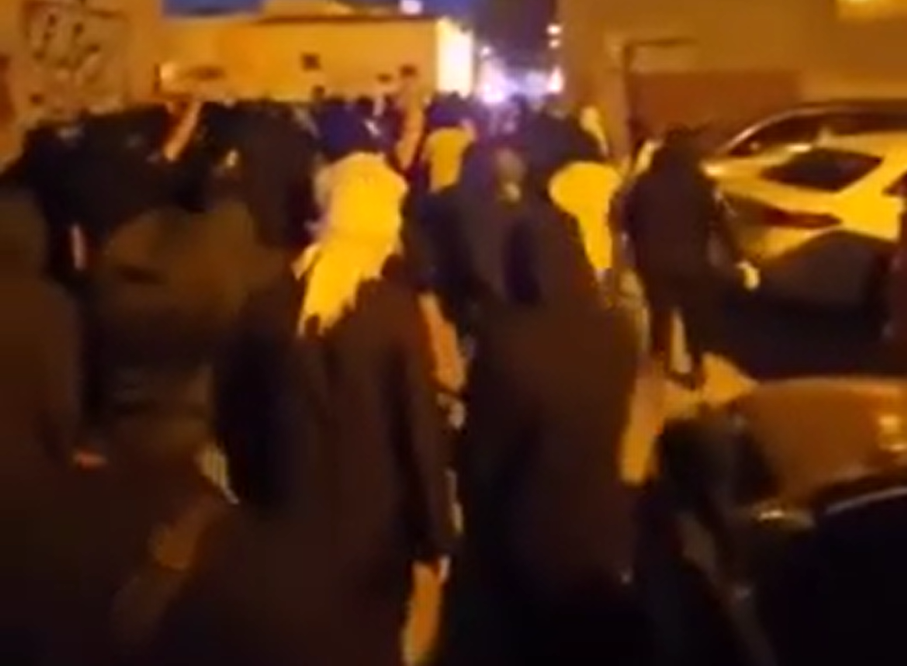
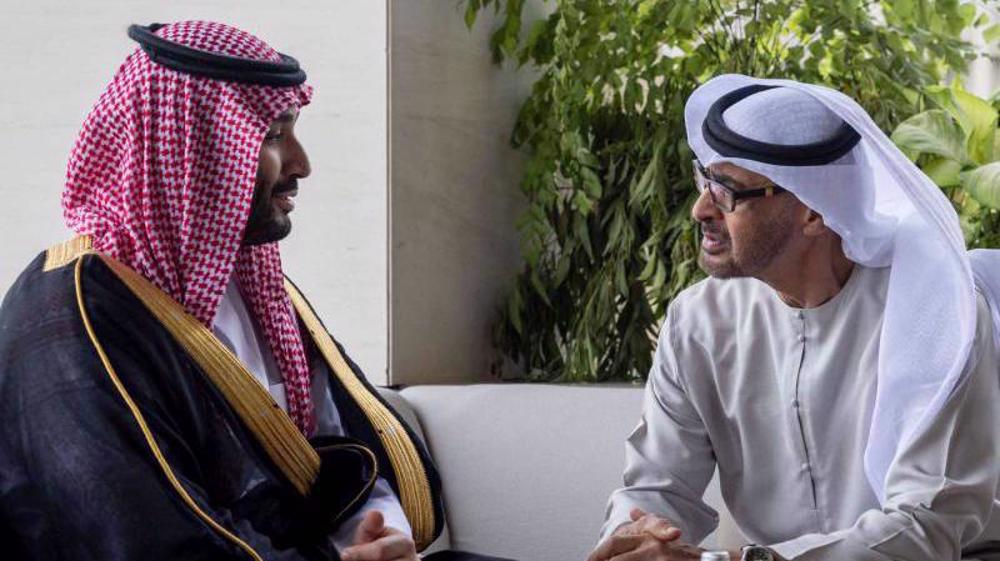
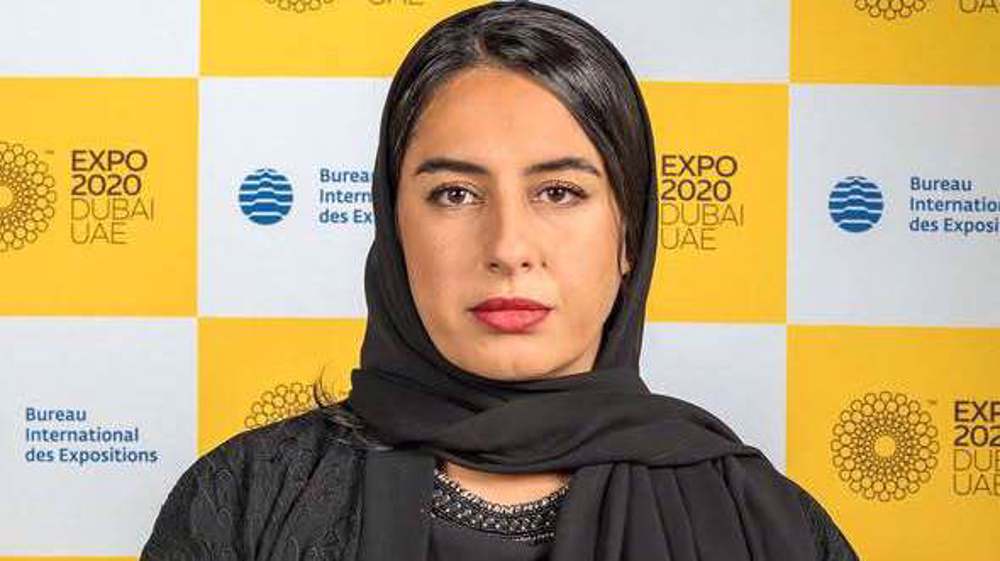



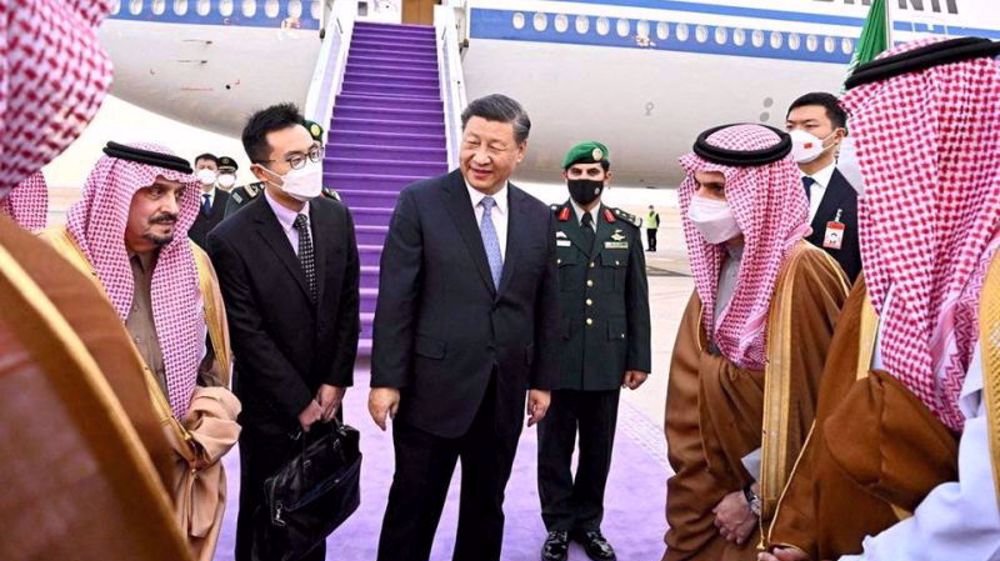
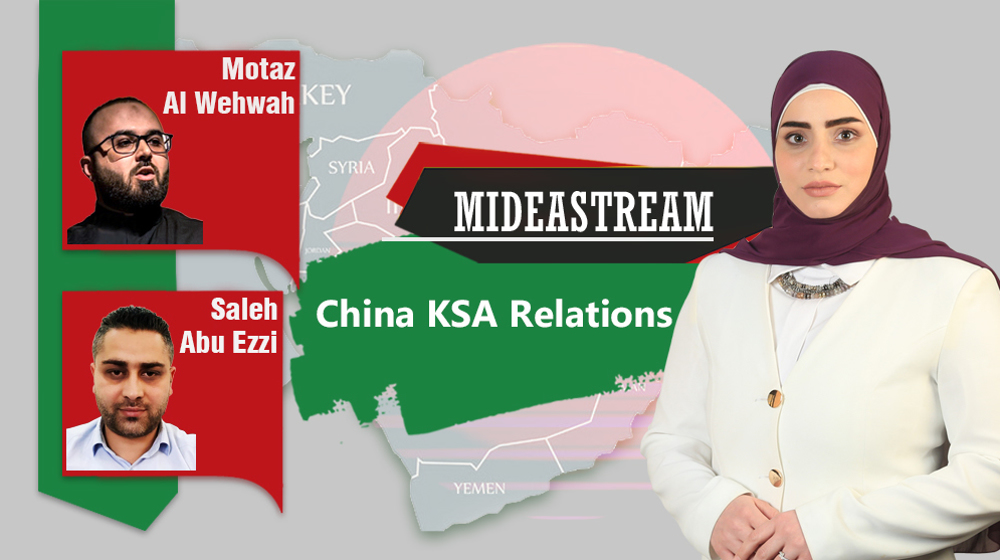
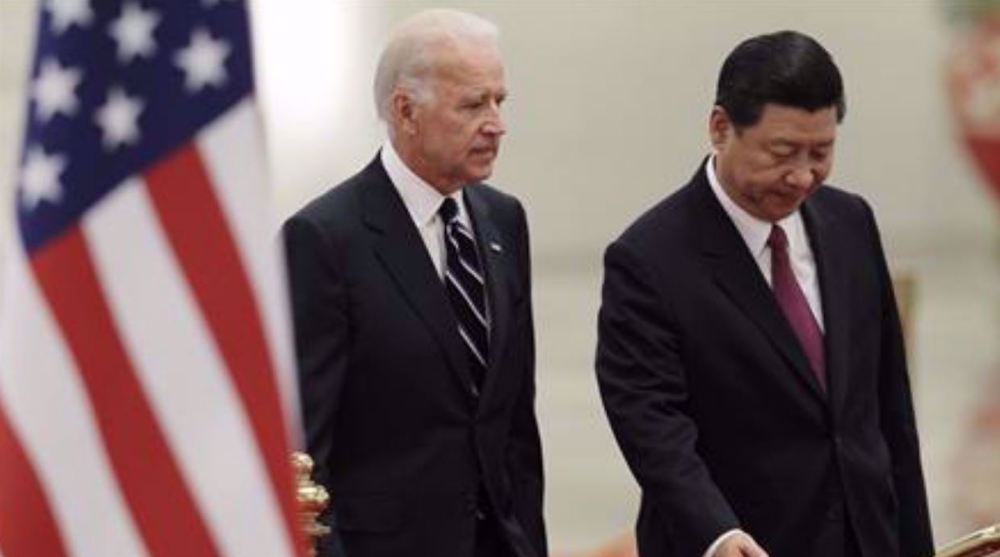

 This makes it easy to access the Press TV website
This makes it easy to access the Press TV website